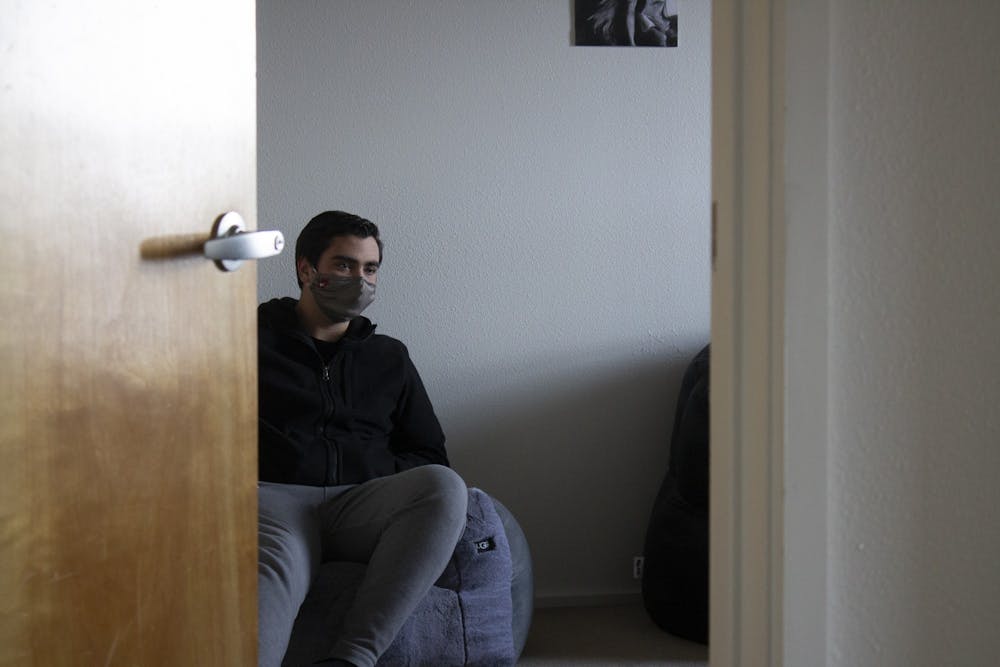Living with roommates is hard enough as it is. Sharing space, bills and chores can be taxing to even the closest of friends. As if that wasn’t enough, a pandemic forcing everyone inside can cause tensions to increase even more. However, there are ways to prevent the spread of COVID-19 even between roommates.
First, if there was possible exposure, the roommate has to decide if they need to quarantine or isolate.
Quarantining is for people who've been exposed to the coronavirus but haven't tested positive. Quarantines end when either an individual has no symptoms after 10 days or if the person tests negative for the virus after seven days. The Centers for Disease Control and Prevention recommends quarantining to people who’ve been in close contact with individuals who tested positive for COVID-19.
People who are quarantining should:
Stay home and not go out in public
Check your temperature twice a day
Avoid contact with others, especially sick or immunocompromised individuals
According to the CDC, close contact includes being within six feet of someone for more than 15 minutes, physical contact, sharing utensils and coming into contact with respiratory droplets, such as coughs and sneezes.
If an individual tested positive for COVID-19, the CDC recommends undergoing isolation. Isolation is a more intense version of quarantine, and involves completely avoiding contact with others, including roommates and family members.
People who are isolating should:
Stay in a personal room and clean periodically
Stay in contact virtually with others — physically isolating does not mean socially isolating
Keep to one bathroom and clean periodically
Avoid pets and service animals
Stay isolated until at least 10 days after the symptoms first appeared, 24 hours after the last recorded fever and the improvement of other symptoms






